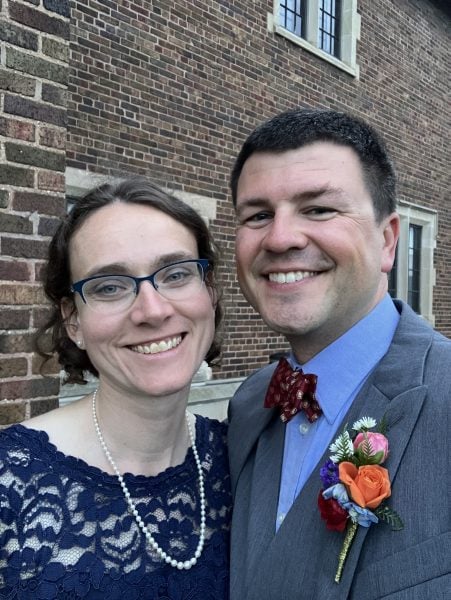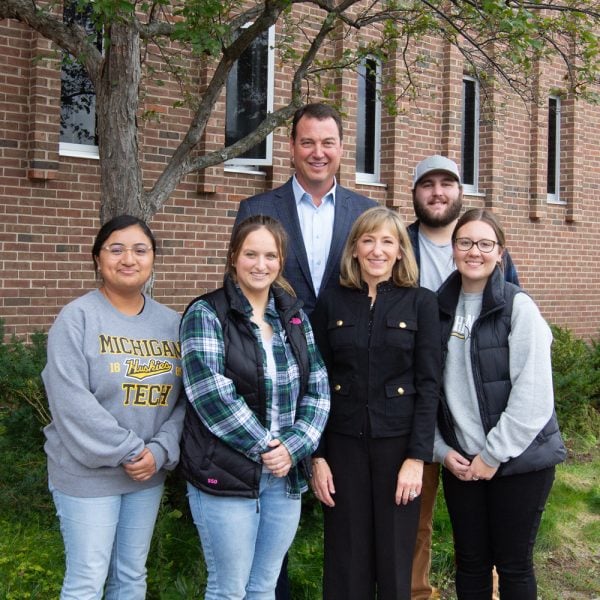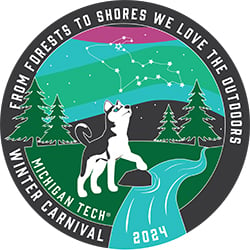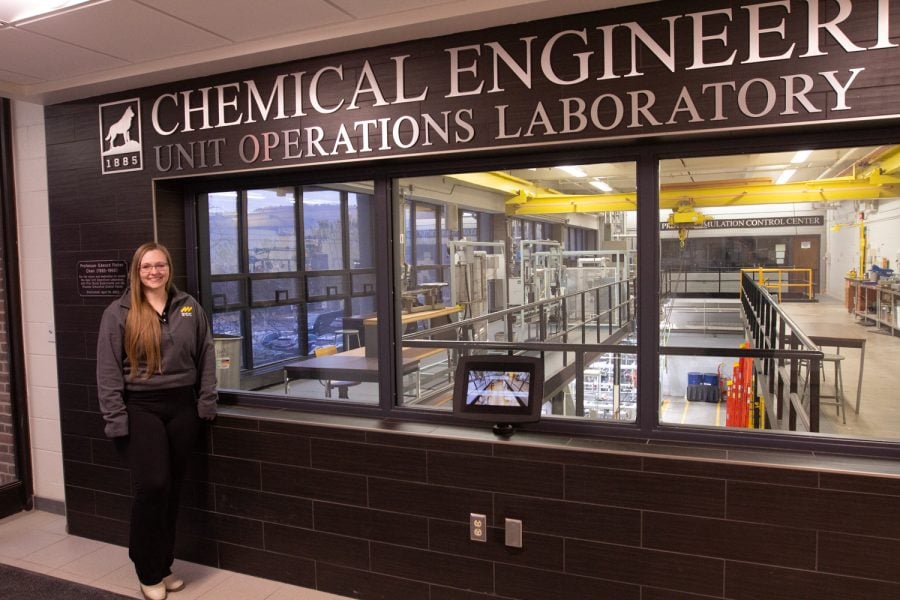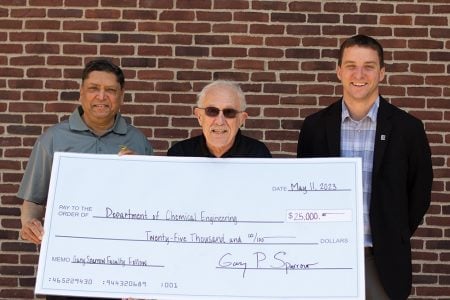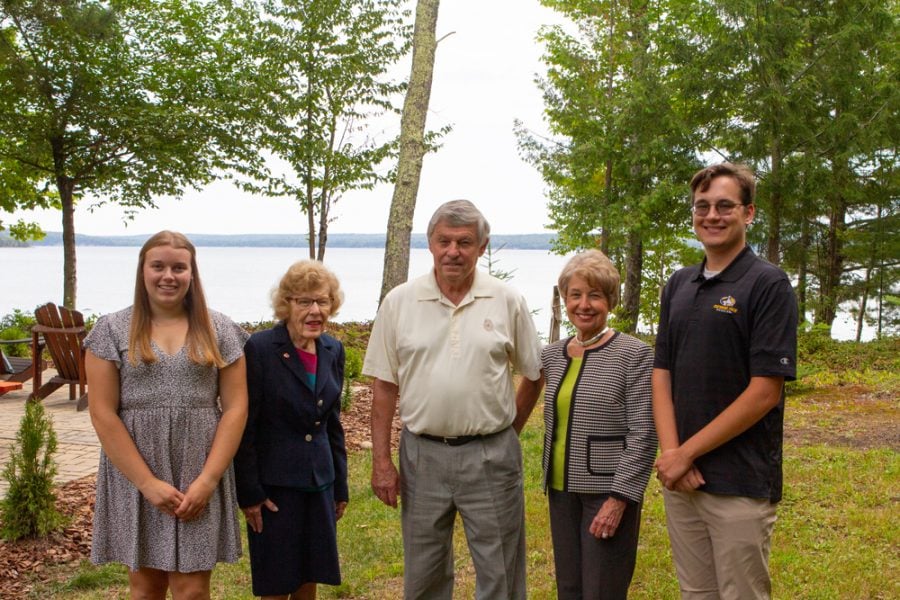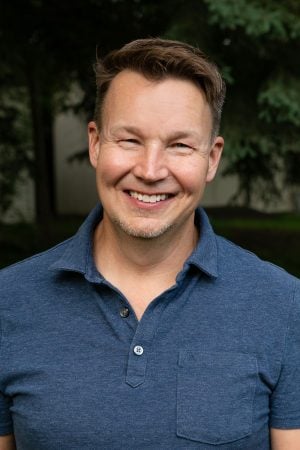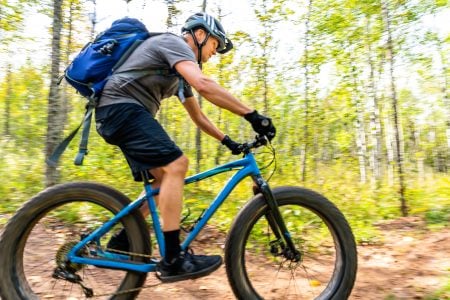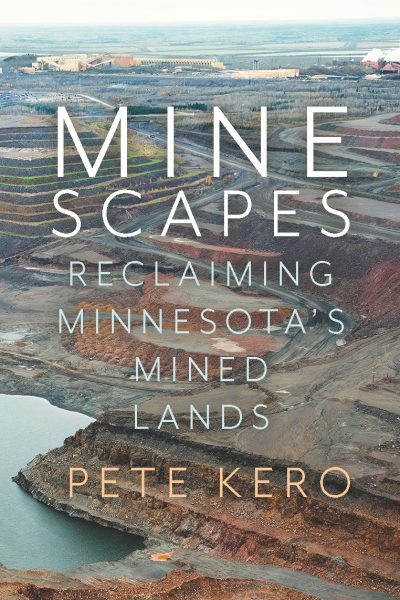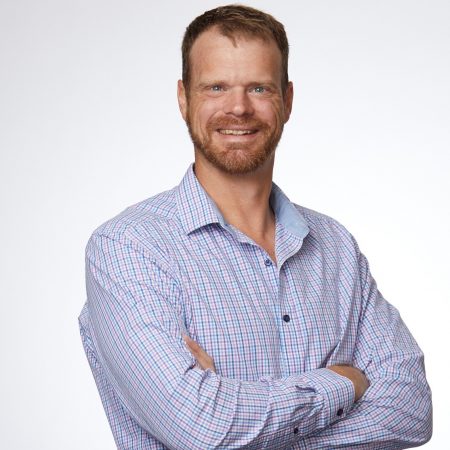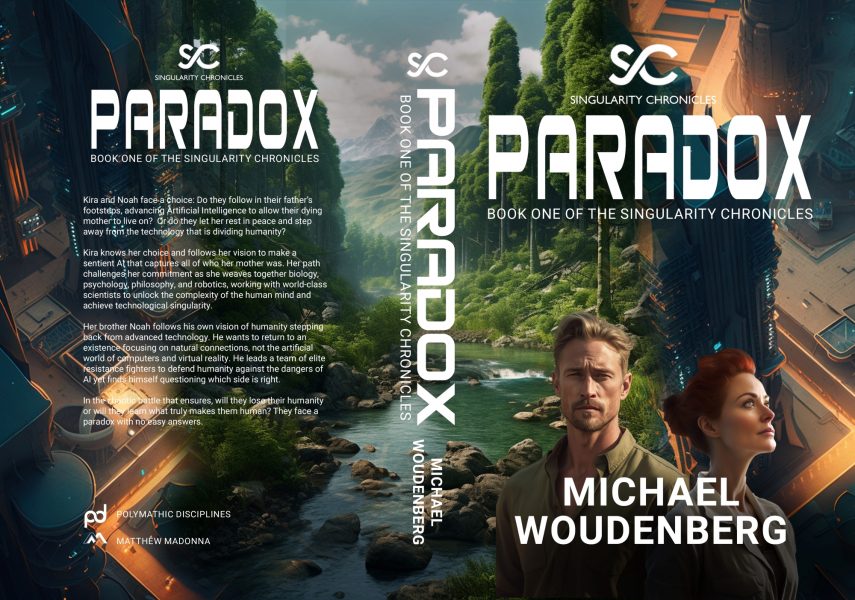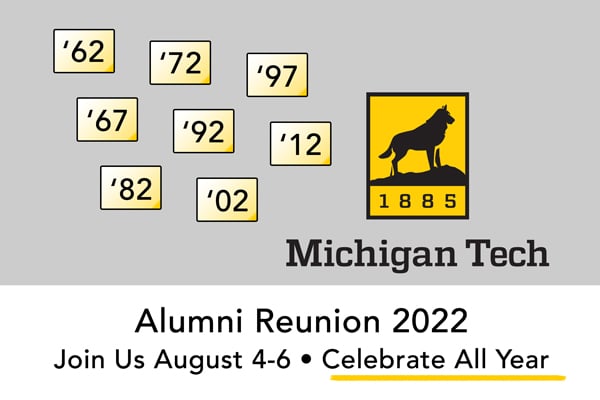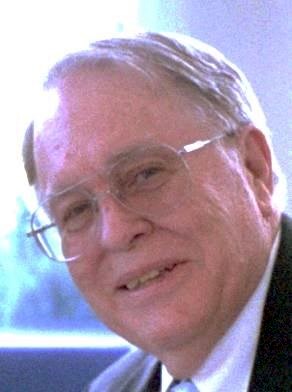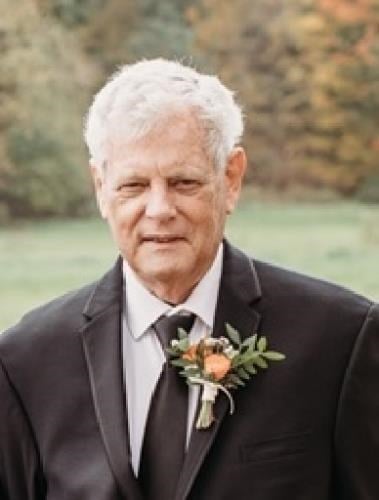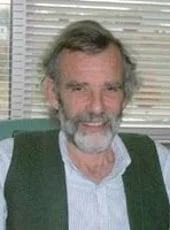Alison (Springer-Wilson) ’11 and Adam ’09 Umbarger have more than a dozen consecutive years of giving back to support Michigan Tech. We recently caught up with Alison to find out where that passion for their alma mater comes from.
What was your Michigan Tech experience like?
I loved my experience at Michigan Tech. The school was small enough to know my professors, but large enough to offer a lot of interesting classes. I took Spanish and German as well as all the Chemical Engineering classes. I also ran Cross Country and Track and Field and had a great time competing for Michigan Tech and running on the Tech Trails. Adam and I were both involved in InterVarsity Christian Fellowship, where we met.
How did Michigan Tech help you in your life/career?
While I can’t say I use calculus or thermodynamics in my career, I feel like the skills learned in my Michigan Tech classes have served me well in my engineering career. Communicating effectively, presenting well, and knowing how to make good engineering decisions based on the information available to you are all things that I learned at Michigan Tech and have honed after I left Tech. I will also say that living in Appleton, Wisconsin, there are a lot of Michigan Tech grads in the area. When I meet someone else who graduated from Michigan Tech, it’s an easy conversation starter since every alumni I have talked to enjoyed their time at Michigan Tech.
Why do you give back to Michigan Tech?
Michigan Tech gave us so many good experiences and we think others should have the chance to get a degree from Michigan Tech.
What areas of campus do you give to and why?
We usually give to the Annual Fund so the money can be used where it is most needed.
Why is it important to you to be consistent in giving every year?
We are happy to give back to an institution was important to us in so many ways. Giving to Michigan Tech is a line-item in our budget every year, and I make sure I fill out the company match as well.
What are your current employers/job titles?
I am an engineering team leader at a Kimberly Clark pilot facility. Adam is a campus staffer for InterVarsity Christian Fellowship.
Where do you live, and how often have you made it back to campus?
We live in Appleton, Wisconsin. We take our young kids back to the Michigan Tech area usually twice a year–once in the summer to eat thimbleberries and go hiking and once in the winter for cross country skiing. I have been back to recruit several years and Adam occasionally returns to the area for bike race or to speak at the MTU InterVarsity chapter.
